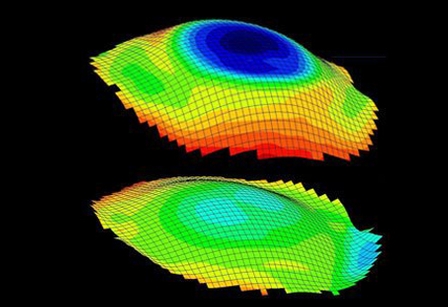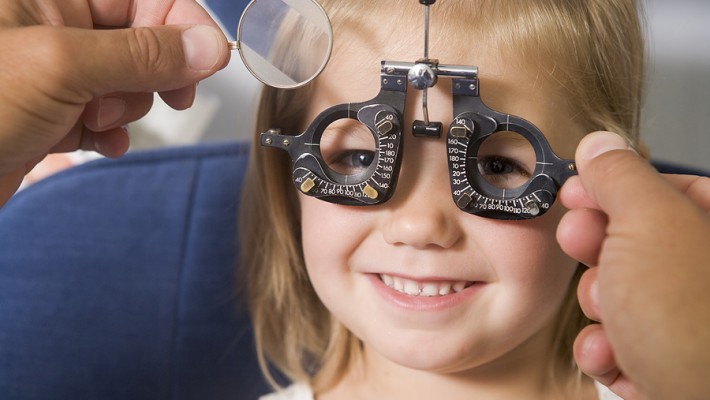ALEX Dennis was in his early 40s when his vision started becoming cloudy and blurry. Within a short space of time he had gone from living a full and independent life to completely relying on his wife Daphne and children to get around. The singer, guitarist, and former Australian boxing champion was diagnosed with blinding…

U2 frontman Bono says trademark sunglasses are for glaucoma
U2 frontman Bono says the real reason he wears sunglasses is because he suffers from glaucoma. The 54-year-old singer said he has lived with the condition – which is caused by increased pressure in the eyeball causing gradual loss of sight – for around two decades. Read more here.

Are Your Sunglasses Up to Standard?
The quality of sunglasses does not necessarily relate to their darkness or cost, so you must check the label to ensure they meet Australian Standards. Sunglasses that fit well and transmit very little UV radiation will ensure your eyes are protected. For the best UV eye protection, choose sunglasses that: Meet Australian Standards for UV…

Why Does Everyone Look Hotter in Sunglasses?
Science of Us attempts to unravel the answers to a summertime question of monumental importance: Why does nearly everyone instantly look more attractive with sunglasses on? You know you’re at least a little curious. And so was Vanessa Brown, a senior lecturer of art and design at Nottingham Trent University in the U.K. Her research…

Six gene variations linked to glaucoma risk
Scientists have identified six genetic variants associated with the eye condition glaucoma in people from around the world including Australia. The discovery, in three major studies, could help identify people at higher risk of the disease and lead to earlier screening and treatments. All three studies, published today in Nature Genetics, identify gene sequence variations of…

How Orthokeratology, also known as OrthoK, can help your vision
Orthokeratology, also known as OrthoK, is the latest treatment offering patients the ability to see clearly throughout the day without their glasses or contact lenses. Whilst laser eye surgery requires a steady prescription, OrthoK is highly recommended for myopic (short-sighted) children or adults whose prescriptions seem to be ever increasing. OrthoK can be commenced at…

Myopia Control in Children through Refractive Therapy Gas Permeable Contact Lenses: Is it for Real?
Uncorrected Refreactive Errors are the world’s leading cause of visual impairment, with myopia estimated to be the leading form of refractive error worldwide. Nearly 30% of Americans and up to 85% of the East Asia population are affected by myopia. Instances of myopia in 19-year-old Korean males reached 96.54% in a recent study. The study also…

Your Child’s Eyes
Good vision is important for a child’s educational, physical and social development. With approximately 1 in 5 Australian children either suffering from an undetected vision problem or requiring ongoing assessment, it is important to be aware of the possible signs of a vision problem to give every child the best chance of reaching their full…

Coffee may be good for your eyes, study suggests
Chlorogenic acid, a powerful antioxidant found in coffee, has been shown to prevent age-related retinal degeneration in mice, and scientists say it may also play a role in preventing age-related eye diseases.A coffee a day could help keep eye diseases at bay, according to a joint study out of South Korea and the U.S., which…

Nutrition for Macular Degeneration
Nutrition plays an important role in optimising macular health, and reducing the risk of macular degeneration. Eating a healthy, well-balanced diet will be good for overall wellbeing as well as eye health. For some people an appropriate supplement may also be an important consideration. Adopting these simple practices as a normal part of your diet…

